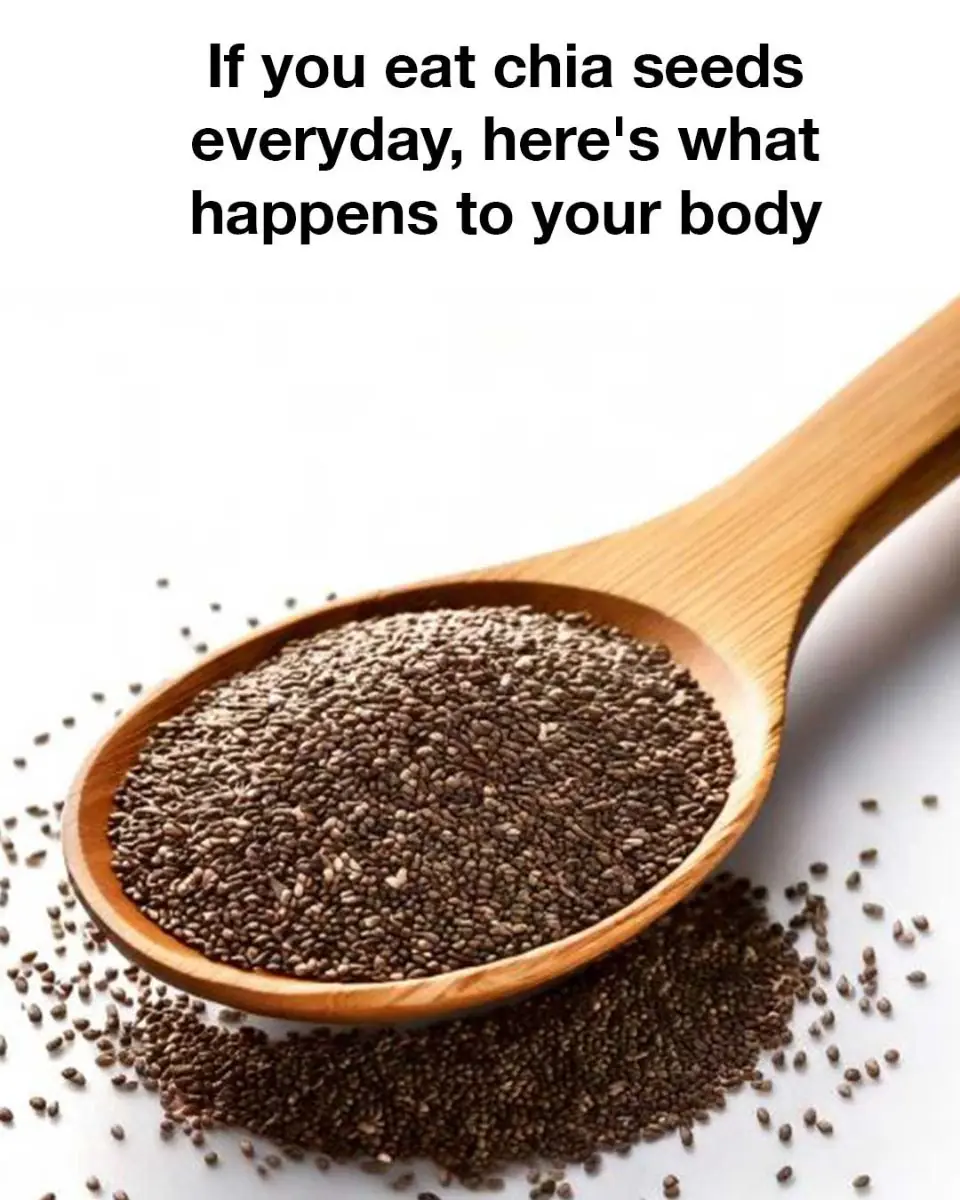Chia seeds, derived from the Salvia hispanica plant, are tiny black seeds that pack a powerful nutritional punch. They are rich in omega-3 fatty acids, fiber, protein, and essential minerals such as calcium, magnesium, and phosphorus.
A single ounce (about 28 grams) of chia seeds contains approximately 137 calories, 11 grams of fiber, 4 grams of protein, and 9 grams of fat, with a significant portion being omega-3 fatty acids. This impressive nutritional profile makes chia seeds a popular choice for those seeking to enhance their diet with nutrient-dense foods.
Understanding the Popularity of Chia Seeds in Modern Diets
Chia seeds have gained popularity in modern diets due to their versatility and health benefits. They can be easily incorporated into a variety of dishes, from smoothies and yogurt to baked goods and salads. Their ability to absorb liquid and form a gel-like consistency makes them an excellent thickening agent for puddings and jams. Additionally, the rise of plant-based and gluten-free diets has contributed to their popularity, as chia seeds are naturally gluten-free and provide a plant-based source of protein and omega-3 fatty acids.
The Role of Chia Seeds in Digestive Health
Chia seeds are an excellent source of dietary fiber, with about 11 grams per ounce. This high fiber content aids in promoting healthy digestion by adding bulk to stool and facilitating regular bowel movements. The soluble fiber in chia seeds can also help prevent constipation and promote a healthy gut microbiome by acting as a prebiotic, feeding beneficial gut bacteria. Regular consumption of chia seeds can contribute to improved digestive health and overall gut function.
How Chia Seeds Support Heart Health
Chia seeds are known for their heart-healthy benefits, largely due to their high content of omega-3 fatty acids, particularly alpha-linolenic acid (ALA). Omega-3s are essential for maintaining cardiovascular health, as they help reduce inflammation, lower blood pressure, and decrease the risk of heart disease. Additionally, the fiber content in chia seeds can help lower cholesterol levels, further supporting heart health. Incorporating chia seeds into your diet may contribute to a reduced risk of cardiovascular issues.
Chia Seeds and Their Impact on Blood Sugar Levels
The fiber and protein content in chia seeds can help stabilize blood sugar levels by slowing the absorption of sugar into the bloodstream. This can be particularly beneficial for individuals with type 2 diabetes or those at risk of developing the condition. Studies have shown that consuming chia seeds can lead to improved insulin sensitivity and better blood sugar control. Including chia seeds in meals can help prevent blood sugar spikes and crashes, promoting more stable energy levels throughout the day.
The Benefits of Chia Seeds for Weight Management
Chia seeds can be a valuable addition to a weight management plan due to their high fiber and protein content. The fiber in chia seeds can help increase feelings of fullness and satiety, reducing overall calorie intake. Protein also plays a role in promoting satiety and preserving lean muscle mass during weight loss. Additionally, the gel-like consistency that chia seeds form when mixed with liquid can help create a sense of fullness, making them an effective tool for appetite control.
Chia Seeds as a Source of Essential Nutrients
In addition to fiber and omega-3 fatty acids, chia seeds are a rich source of essential nutrients such as calcium, magnesium, and phosphorus. These minerals are crucial for maintaining healthy bones, teeth, and overall bodily functions. Chia seeds also contain antioxidants, which help protect cells from damage caused by free radicals. Including chia seeds in your diet can help ensure you receive a broad spectrum of nutrients necessary for optimal health.
The Anti-Inflammatory Properties of Chia Seeds
Chia seeds possess anti-inflammatory properties, primarily due to their high omega-3 fatty acid content. Omega-3s are known to reduce inflammation in the body, which can help alleviate symptoms of chronic inflammatory conditions such as arthritis. Additionally, the antioxidants in chia seeds can further combat inflammation by neutralizing free radicals and reducing oxidative stress. Regular consumption of chia seeds may contribute to a reduction in inflammation and an improvement in overall health.
Chia Seeds and Their Contribution to Bone Health
Chia seeds are an excellent source of calcium, providing about 18% of the recommended daily intake per ounce. Calcium is essential for maintaining strong bones and teeth, and adequate intake is crucial for preventing osteoporosis and other bone-related conditions. In addition to calcium, chia seeds contain phosphorus and magnesium, which also play vital roles in bone health. Including chia seeds in your diet can help support and maintain healthy bones.
The Role of Chia Seeds in Enhancing Skin Health
The omega-3 fatty acids and antioxidants found in chia seeds can contribute to healthier skin by reducing inflammation and protecting against damage from environmental stressors. Omega-3s help maintain the skin's barrier function, keeping it hydrated and reducing the appearance of fine lines and wrinkles. Antioxidants, such as quercetin and kaempferol, help protect the skin from oxidative stress and may improve skin texture and tone. Regular consumption of chia seeds can promote a more youthful and radiant complexion.
Chia Seeds and Their Effect on Energy Levels
Chia seeds can help boost energy levels due to their nutrient-dense profile. The combination of protein, healthy fats, and fiber provides a steady release of energy, preventing the energy crashes often associated with high-sugar snacks. Additionally, the omega-3 fatty acids in chia seeds can improve brain function and mental clarity, further enhancing energy and focus. Incorporating chia seeds into your diet can help sustain energy levels throughout the day and improve overall vitality.
The Antioxidant Power of Chia Seeds
Chia seeds are rich in antioxidants, which help protect the body from oxidative stress and damage caused by free radicals. These antioxidants, including chlorogenic acid, caffeic acid, and flavonoids, can help reduce the risk of chronic diseases such as cancer and heart disease. By neutralizing free radicals, antioxidants in chia seeds also support healthy aging and may improve immune function. Including chia seeds in your diet can enhance your body's antioxidant defenses and promote long-term health.
Chia Seeds and Their Influence on Brain Health
The omega-3 fatty acids in chia seeds, particularly ALA, are essential for brain health and cognitive function. Omega-3s support the structure and function of brain cells and have been linked to improved memory, focus, and overall mental well-being. Additionally, the antioxidants in chia seeds can help protect the brain from oxidative stress and inflammation, potentially reducing the risk of neurodegenerative diseases. Regular consumption of chia seeds may contribute to better brain health and cognitive performance.
Potential Side Effects and Considerations of Consuming Chia Seeds
While chia seeds offer numerous health benefits, it's important to consume them in moderation. Due to their high fiber content, consuming large amounts of chia seeds can lead to digestive discomfort, such as bloating and gas. It's recommended to start with a small amount and gradually increase intake to allow your digestive system to adjust. Additionally, chia seeds can absorb a significant amount of liquid, so it's important to stay hydrated and consume them with adequate fluids. Individuals with specific health conditions or allergies should consult a healthcare professional before adding chia seeds to their diet.
Conclusion: The Overall Impact of Chia Seeds on Your Body
Incorporating chia seeds into your daily diet can offer a wide range of health benefits, from improved digestive and heart health to enhanced energy levels and brain function. Their rich nutritional profile, including fiber, omega-3 fatty acids, and essential minerals, makes them a valuable addition to a balanced diet. While it's important to consume them in moderation and be mindful of potential side effects, chia seeds can play a significant role in promoting overall health and well-being. By adding these tiny seeds to your meals, you can enjoy their numerous benefits and support your body's nutritional needs.







































